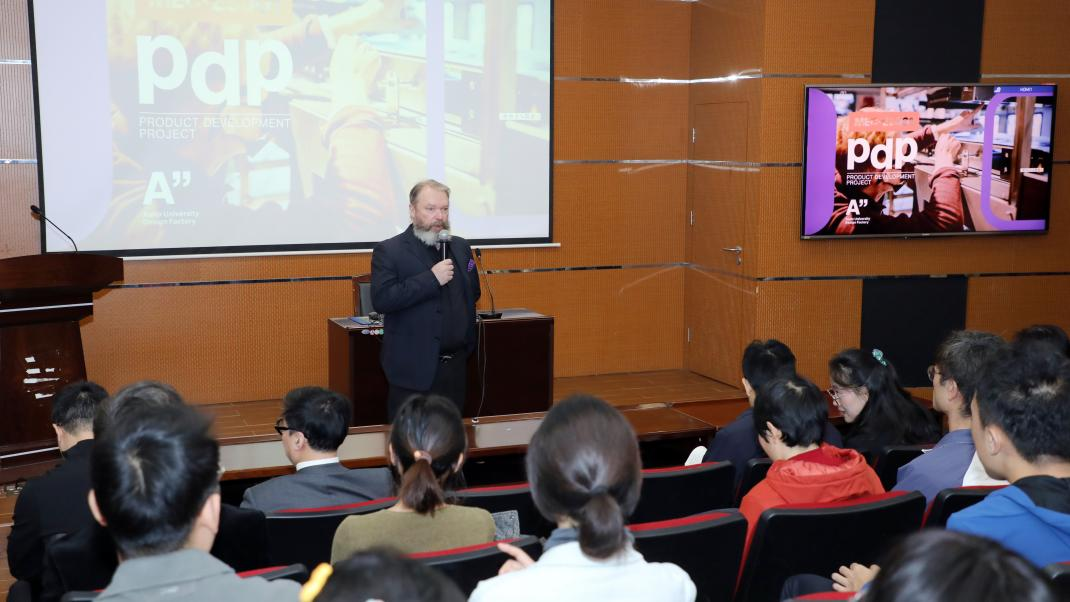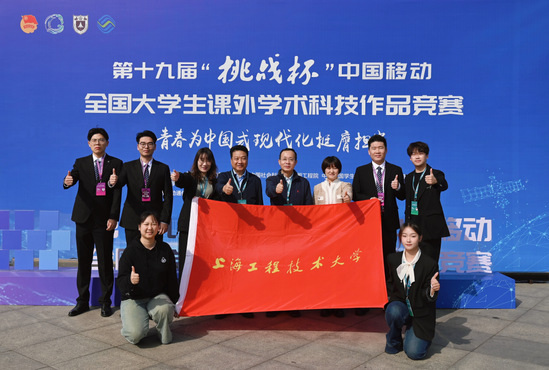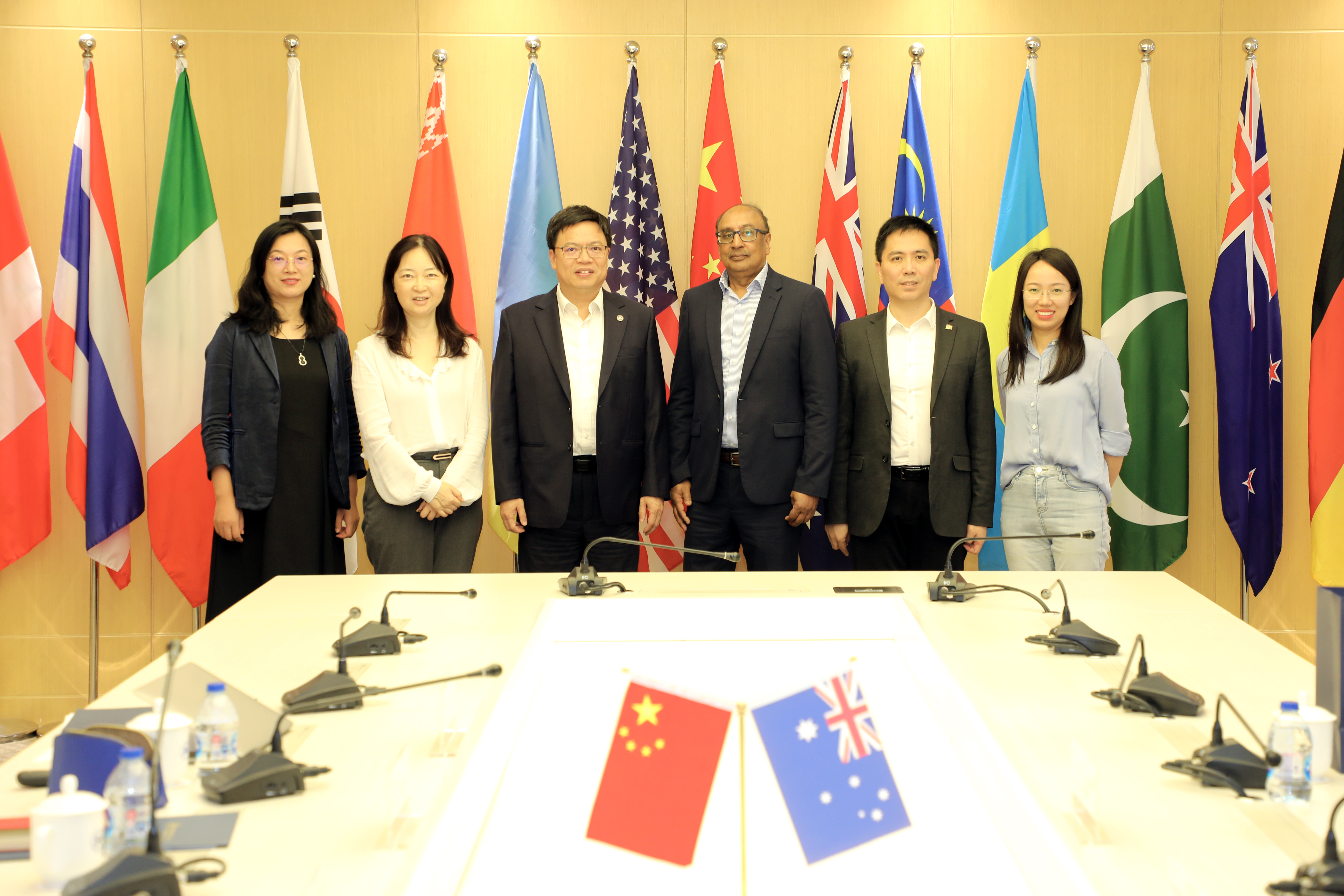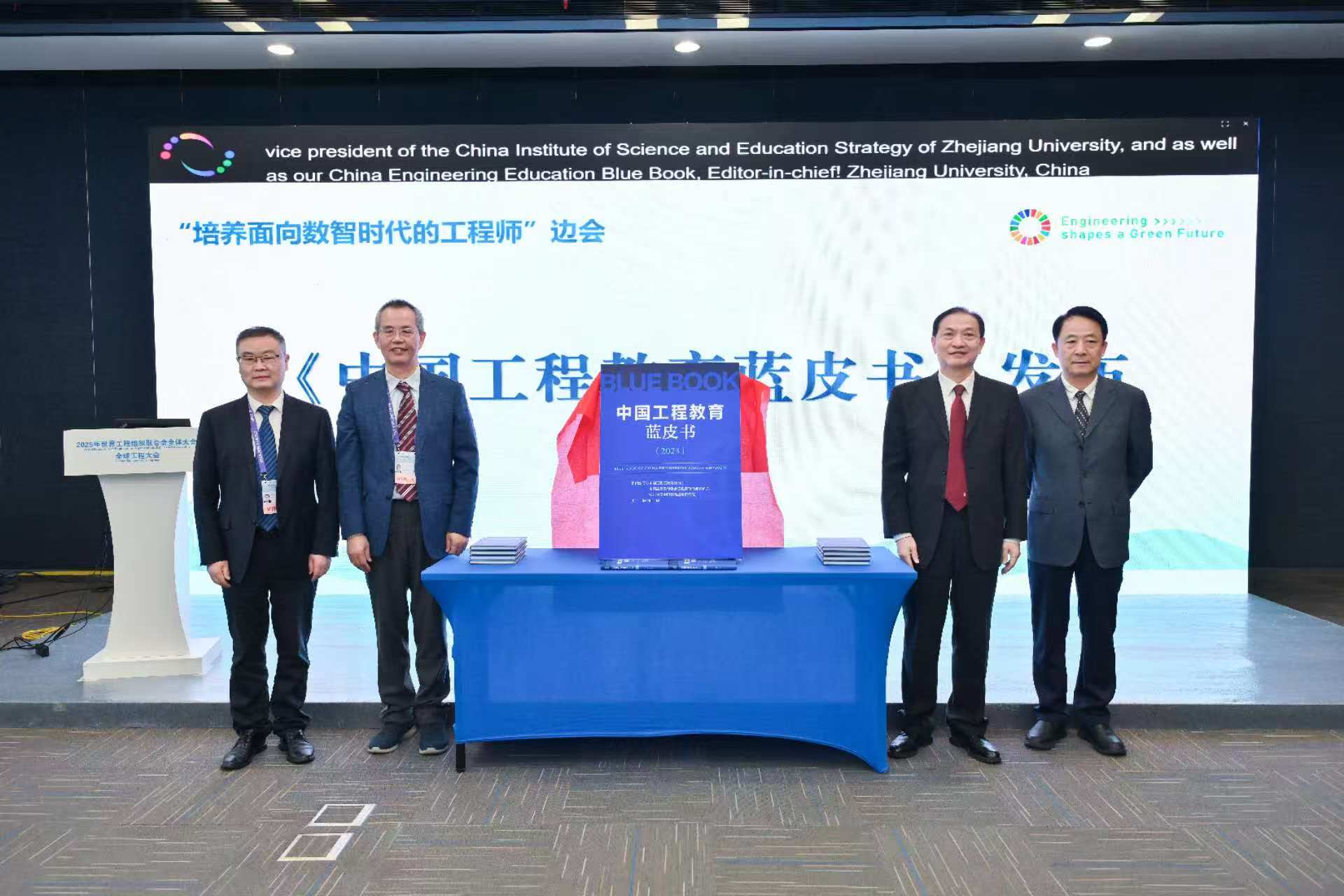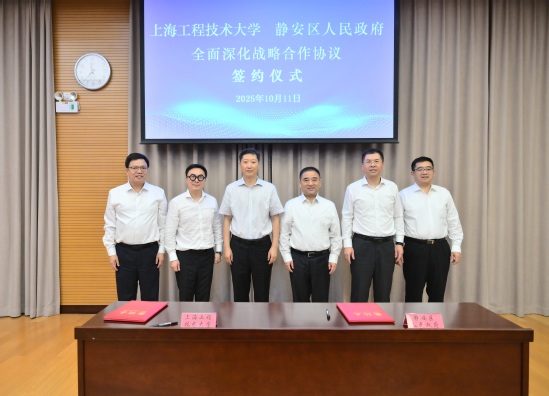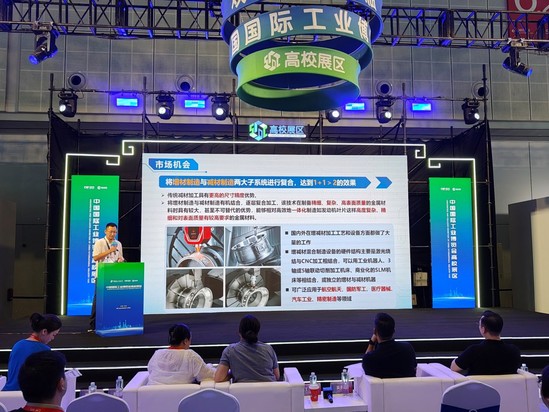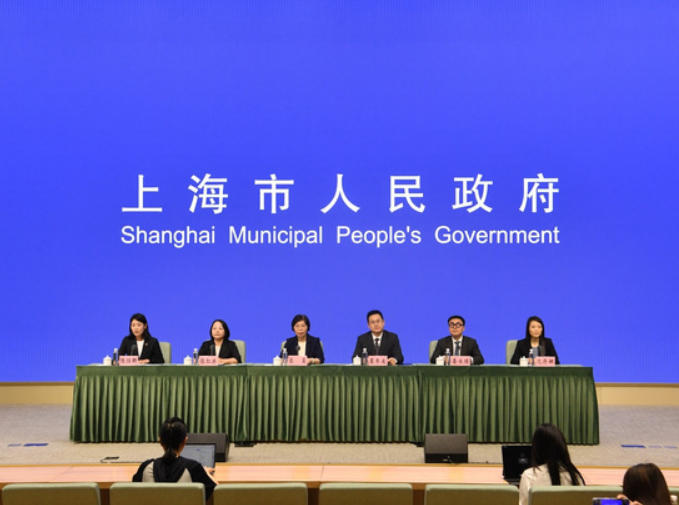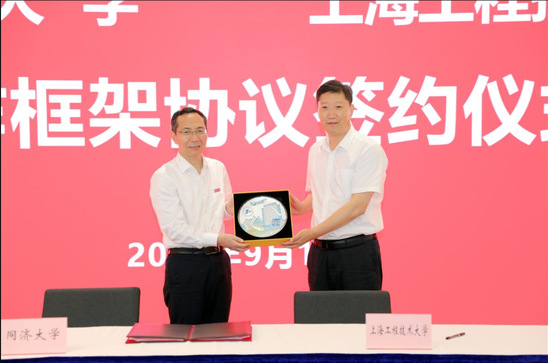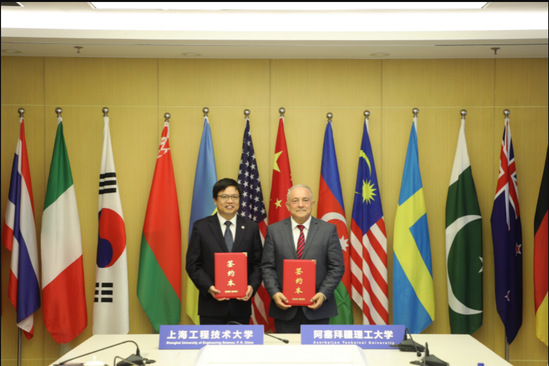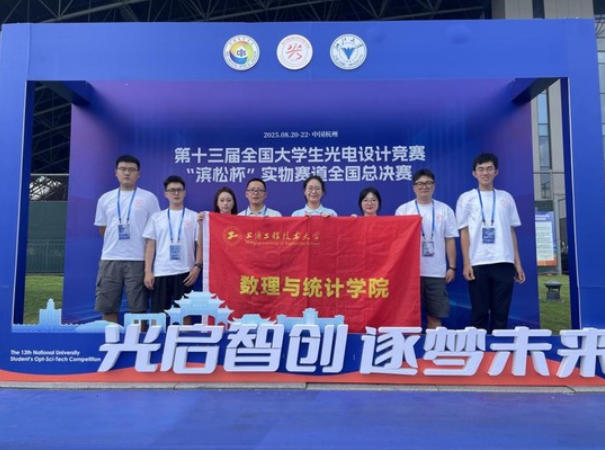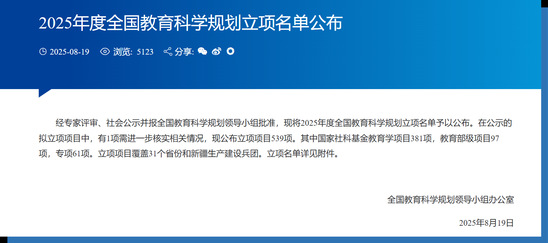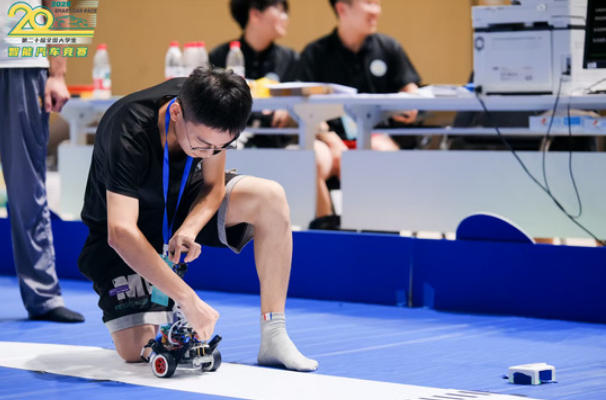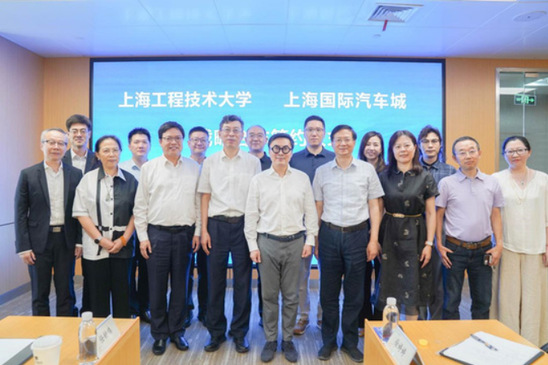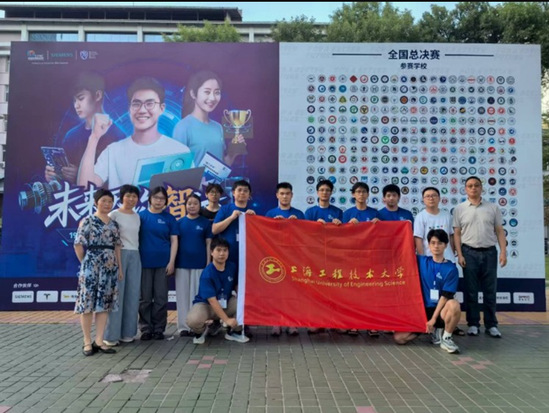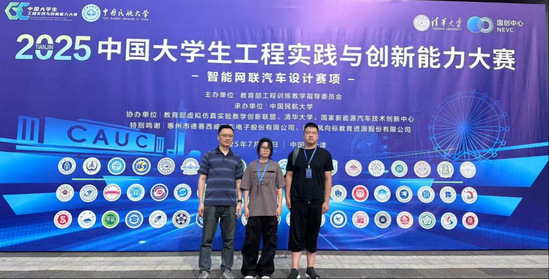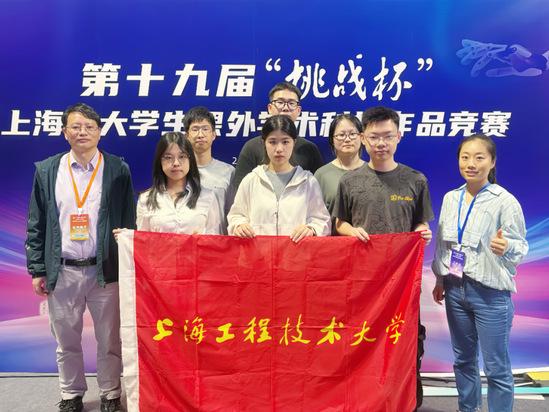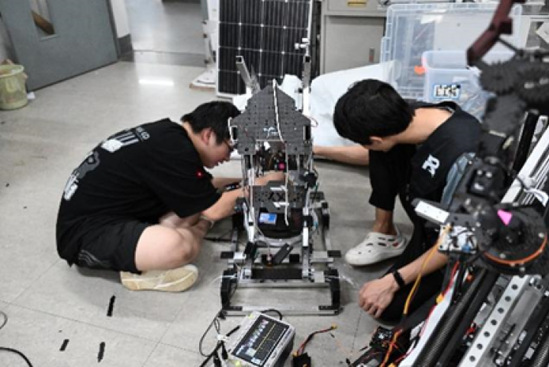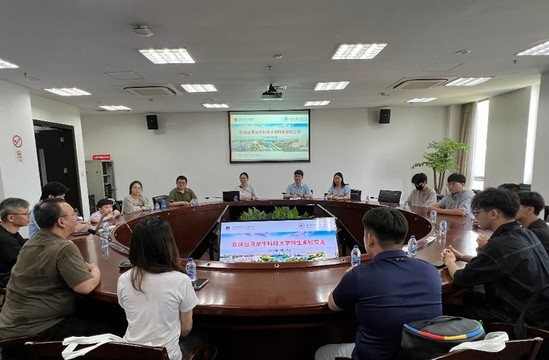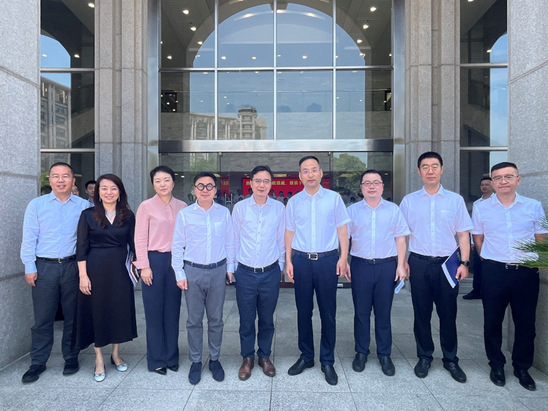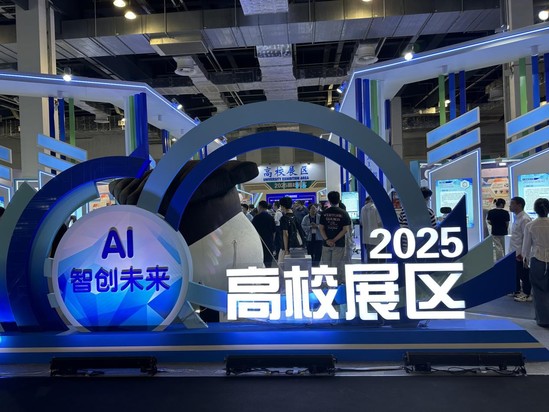
From June 11th to 13th, the 11th China (Shanghai) International Technology Fair (hereinafter referred to as the CSITF), with the theme of Open Cooperation: Empowering New Quality Productive Forces and Sustainable Development, was held at the Shanghai World Expo Exhibition & Convention Center. Ten scientific and technological achievements from SUES were showcased in the HEI exhibition area.

The ten representative research achievements selected by SUES for exhibition cover cutting-edge fields such as new materials, new energy, intelligent manufacturing, biomedicine, and aerospace. They were fully displayed and promoted through various forms including project roadshows, news interviews, and a combination of physical exhibits and display boards, attracting widespread attention from the media and the audience.
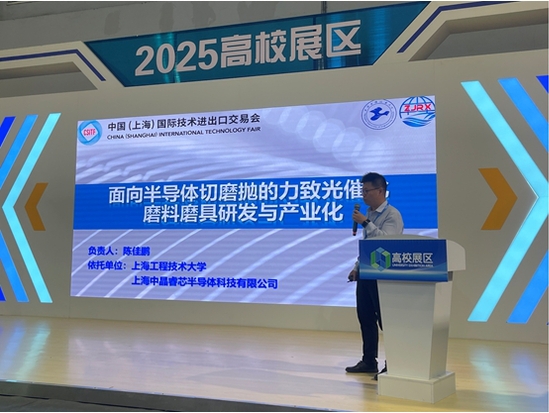
During the Innovation Wisdom Gathering project roadshow session, faculty member Jiang Zhenlin from School of Chemistry and Chemical Engineering presented the project titled Research, Development, and Industrialization of Force-Induced Photocatalytic Abrasives and Grinding Tools for Semiconductor Cutting, Grinding, and Polishing. This project focuses on the chokepoint technical challenges in the semiconductor field and drew the attention of numerous investors and technology-demanding enterprises, with several expressing preliminary cooperation intentions.
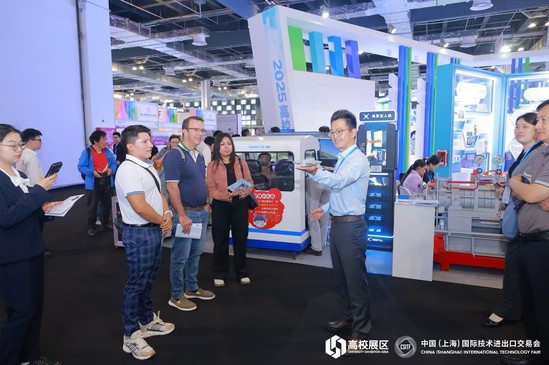
The Flight Simulator and Shared Drone projects from the team led by faculty member Hu Shaolin from School of Air Transportation (School of Flying) became popular attractions at the exhibition site due to their strong educational and interactive nature, drawing large crowds of visitors to stop and experience them.
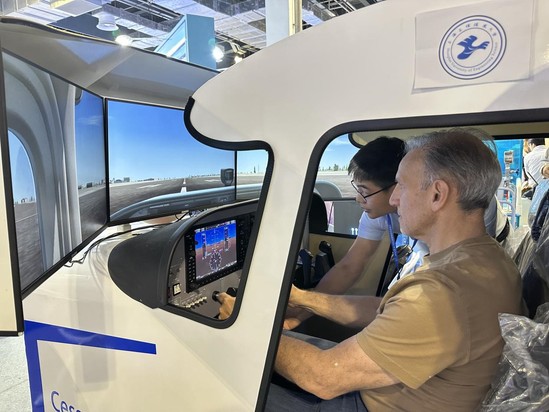
Since its inception in 2013, the CSITF has been successfully held for ten sessions, becoming a flagship event in China's technology trade sector. SUES focuses on national development strategies, is rooted in Shanghai while radiating influence across the Yangtze River Delta region. It seizes the historical opportunities of high-quality integrated development in the Yangtze River Delta and the construction of the G60 Science and Technology Innovation Corridor, actively promoting the deep integration of industry, academia, research, and application, and is committed to better serving economic and social development with the University's innovative achievements.






